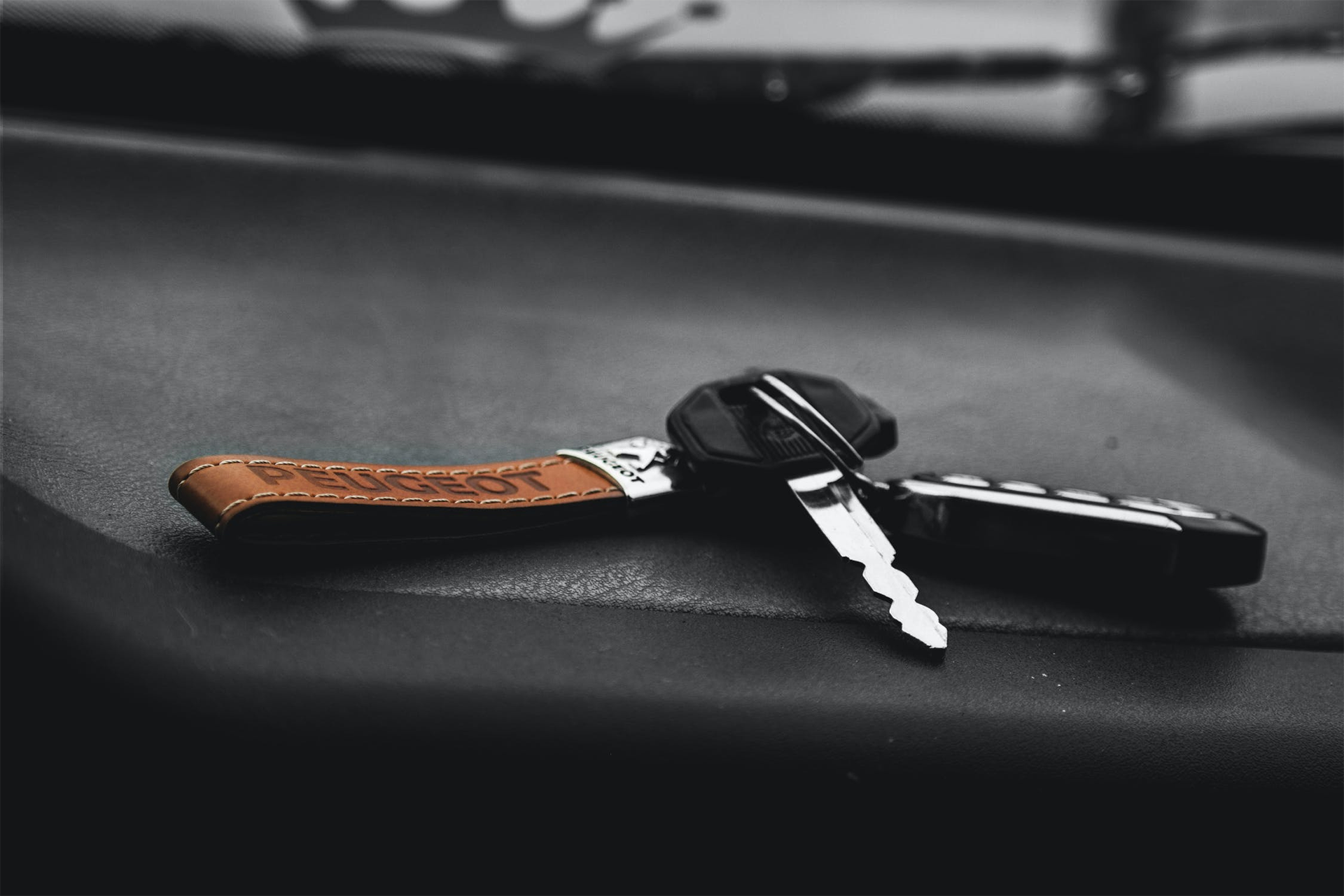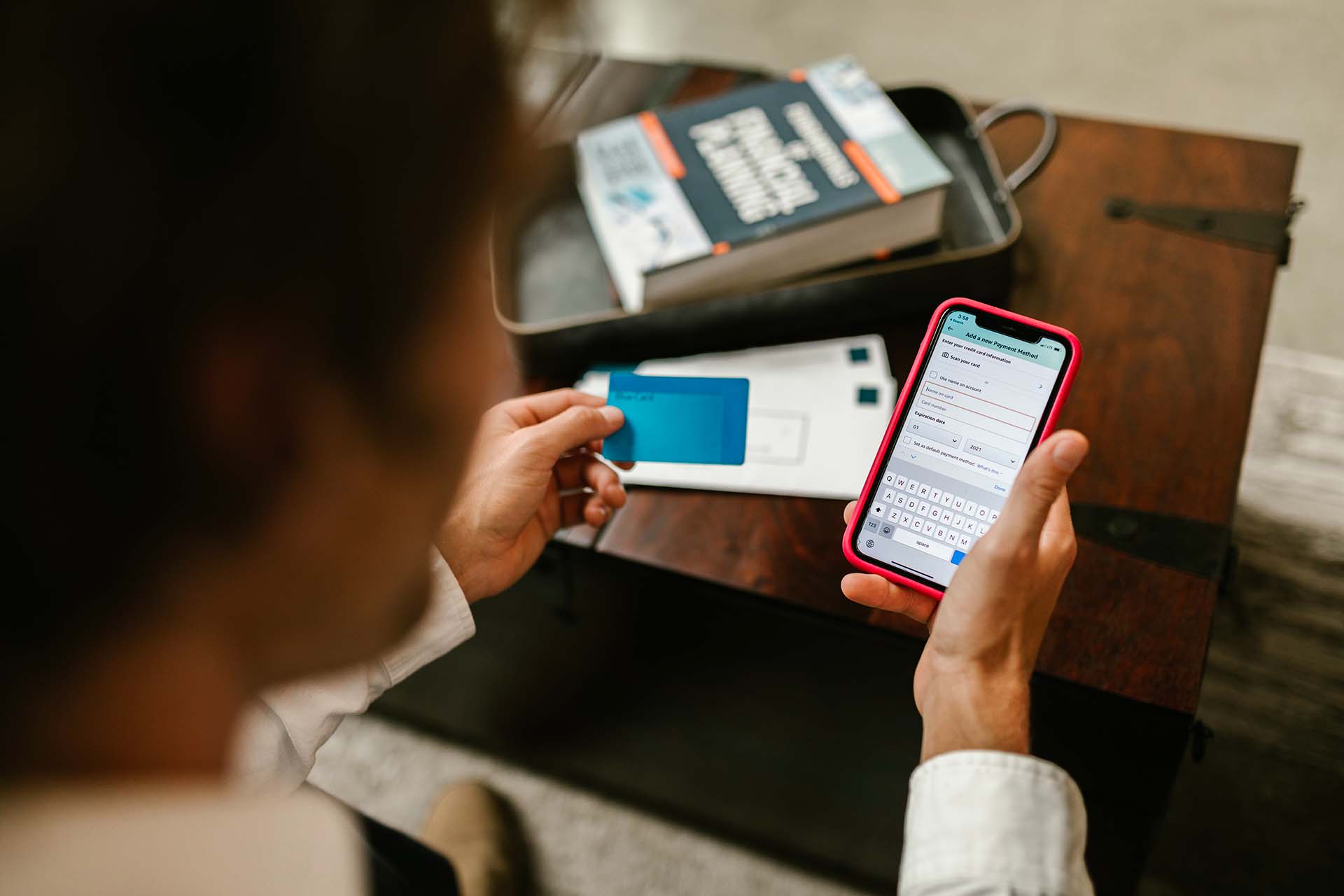Your rental income can barely cover normal wear and tear, let alone the unexpected costs of damage and disrepair. Fortunately, bail bonds are there to protect you.
What is a bond?
A security deposit is a refundable amount of money that you ask the traveler to pay in addition to the rental amount. Asking for a deposit allows you to protect yourself against possible damages.
As a property manager you receive travelers you don't know who are referred to you by the OTAs on which you have listed your properties. Even though these platforms try as much as possible to verify the identity of the guests before they move in, there is no guarantee that they are careful and responsible.
What happens if you notice damage, if the cleaning has not been done or if your travelers have smoked in your accommodations? How many situations like these can you handle? To protect yourself against these incivilities, the best solution is to ask for a deposit.
First, a deposit protects your business by ensuring that you are reimbursed for any damage caused. More importantly, requiring a bond makes travelers feel more responsible. The deposit can be seen as a preventive measure that has a strong psychological impact.
The Airbnb deposit
A deposit acts as a shield for your accommodations. That's why many listing platforms like Airbnb use them to protect hosts from minor damage caused by travelers. However, it seems that there are some issues with Airbnb's deposit system that frustrate owners and renters alike.
As such, the Airbnb deposit creates responsibilities. As a homeowner, you don't want to take the risk of accepting a booking without your accommodation being covered.
Bonds on Airbnb are generally divided into two categories: bonds required by Airbnb and bonds required by the host.
Airbnb secures a pre-authorization. The platform does not actually debit the funds. But guests can't access the deposit amount via their credit card until it's released (within 14 days of departure). The deposit is only refunded if there are no damages material.
Airbnb also allows hosts to request a deposit to cover minor damage caused by travelers. The amount of the deposit will be indicated before the reservation, and there will be no pre-authorization, unlike the deposit required by Airbnb.
Problems with the Airbnb deposit
The collection request processed on the basis of the Guest damage coverage. Therefore, failure to follow your rules, cleaning failures or odors (e.g. if your guests smoke inside) are not covered by the Airbnb deposit.
As mentioned earlier, Airbnb does not freeze the deposit funds requested by the host. It's not even a direct debit authorization. Therefore, even if the host can claim the deposit after finding damages, they will not be systematically compensated.
Indeed, various claims can be denied, and there is no assurance that you will be reimbursed. It seems that nothing prevents a traveler from refusing to pay the amount requested.
Airbnb recently launched its new Aircover protection service. It's still early to provide you with a definite opinion, but there have already been many complaints.
How much is my deposit?
The amount of the deposit for a seasonal rental is not regulated by law. You can arbitrarily define the amount of your deposits but certain parameters must be taken into account.
It is essential to ensure that you charge your guests the correct amount of deposit. The amount of the deposit depends on your rates per night and per week, the facilities and length of stay of your guests, and the size and location of your accommodation.
However, it should be high enough to cover damage and deter your travelers from violating your rules and damaging your accommodation. On the other hand, the amount must remain reasonable so as not to put off your potential customers and avoid losing bookings in the competitive vacation rental market.
There is no ideal deposit amount. However, you can base your decision on the average amount of damage that has been caused to your properties.
You can also make an inventory of the furniture and equipment that may be damaged. From this inventory, calculate its value in case of replacement. You can now apply your loss ratio to determine the amount of your bonds.
If you don't have this information or if you are just starting out, we advise you to ask for a percentage of the rental amount.
How to secure a deposit?
There are several ways to secure a deposit. You can ask your travelers to pay you an amount in cash, by check or by bank transfer. These methods have many drawbacks:
- The check is often used as a means of guarantee deposit because it allows to engage a customer without really debiting the sums on the bank account. The check is very French which is problematic if you receive a lot of foreign tourists. There is a risk of bounced checks because the traveler does not imagine that his deposit will be debited. Finally, the management of the storage and destruction of checks is tedious.
- The bank transfer allows the owner to guarantee the funds, and to avoid no-shows. But for a professional, in France, it is not possible to cash a deposit without having the proper legal framework. Moreover, bank transfers are made within 24 to 72 hours, during working days and without counting the time needed to add a new beneficiary. The management of transfers is very complex and time consuming.
- Cash is used when owners want to be sure that they will be covered in case of problems. But this requires your traveler to withdraw money from an ATM, which incurs fees for foreigners and is sometimes not possible depending on the amount requested. In addition, there is a significant risk of theft.
To avoid all the constraints of traditional practices, Swikly invented the swik : A swik is a banking transaction that secures a rental or reservation with an online deposit.
A swik is created from a credit card imprint that must be entered by your customer on a secure form. It can be secured online for a few hours or for several months and the secured amounts are neither blocked nor debited: The credit card limit is not impacted by the securisation of a swik.
Securing a reservation with a swik is immediate: You don't have to wait for a bank transfer or a deposit check. All you have to do is enter the amount you want to secure, your client's e-mail address, etc. and send your request.
Your customer receives an email from Swikly and is invited to register his credit card on our site. By accepting your swikly request, your customer authorizes a debit on his card for the amount and for the period you specify.
When your customer honors his commitment, you don't have to do anything, the credit card imprint is automatically cancelled. In case of problem or cancellation by your customer, you can ask for the partial or complete collection of the swik amount in a few clicks.
When to collect the deposit?
If there are problems, you may have to collect the deposit to cover your costs. This is not a problem as long as you justify the amount and inform the tenant. Here are some typical reasons for cashing the deposit:
- Theft
- Damage to furniture
- Deterioration of the dwelling
- Excessive dirt
Always take photos and ask for estimates as soon as possible after you have noticed the damage in order to calculate the amount to be collected. In case of dispute by your client, your photos will serve as proof and the estimates as justification of the amount requested. The ideal is to make an inventory of fixtures at the entrance and at the exit of your accommodation. Swikly and some PMS allow you to ask your traveler to make an inventory of fixtures in autonomy with photos.
If you are going to charge customers for damage, you must inform them and send them photos of the damage and estimates for repairs. Then you must subtract the cost of the damage and refund the rest of the deposit.




